This article was meant to be posted a couple weeks ago, but blogging gets pushed back when life gets complicated…and computers are broken… I had planned to share thoughts for April’s autism awareness month, and figured I’d move onto May topics, but then I thought about how autism awareness shouldn’t be just about “lighting it up blue” for a day… just as other special needs, serious illnesses, child welfare and other topics shouldn’t be highlighted for only a day, or even a month. When you live with such situations they don’t go away after those focused awareness time-frames. When you work with those affected you understand those topics need to be explained to the public daily, since those affected are in public daily.
Daily I see examples of ignorance. Not intentional, but still ignorant displayed responses by even those close to a sensitive subject. Even relatives might be heard saying “he needs to be disciplined better,” instead of “I need to learn more about his sensory issues so we can help avoid these meltdowns.” As a teacher, counselor, coach, ABA tech, curriculum writer, program director… I have worn many hats, but always wear the teacher-cap under the others. Mi Families is dedicated to teaching others about such topics, even when it’s not an “awareness month… Teaching is at the core of the Mi Families “reaching out with resources” mission. Our resources are given with intent that members will use the tools to teach their families and others.
Resources and tools should not presented as a power-point lecture. As informative as a power-point can be, people learn best by doing. Through training’s and workshops I make adults get up and move and get the best feedback from those who were the most hesitant to join in. Through tutoring sessions I have children explore through their senses until I find the way they learn best. I teach with hopes to make students young and old love learning. I love helping them discover their interests and goals and find resources to help them reach their dreams. I love helping them use their gifts and talents to strengthen areas that are challenging. I focus on what a student can do – instead of what they can’t. I believe in my students … and my children. I believed even when “the professionals” said not to.
It’s not that I was ignoring the “red flags”. It’s more like I saw potential beyond the warning signs. I had worked with enough kids with enough labels to know what we were dealing with, but instead of saying “he can’t,” I said “it might take longer.” EVERYBODY has things they are good at and things they struggle with, however we don’t tell them they can’t until there is a label – then there is a disability, not a delay. Now I’m not saying labels are bad, in fact I support a label if it’s to help someone get services that are specific to their needs. I don’t support labels when it’s to put a tag on someone so they know which group they belong in. It’s nice to feel you belong, but not to be grouped for purpose of limitations. No two people are the same and this includes those with special needs. This includes kids on the spectrum.
My kids are “on the spectrum.” They had “labels” early –on. When my older son was a tot he wouldn’t engage in playgroups and when I took him with me to a child care center I was the co-director of, I was asked to find him a different daycare option while I worked. He was very difficult during transitions and seemed to have many sensory issues. He didn’t understand personal boundaries and he’d go from inappropriate giggling to crying for no unknown reasons. His younger brother had more noticeable issues, such as stopping his speech right before his second birthday and having extreme meltdowns (not tantrums) that would last until both caregiver and child were worn out. We weren’t surprised when they labeled them, but we didn’t tell the world (or even family members) because of judgmental fears. We did a good job of masking behaviors…
Our little one was enrolled into a special ed preschool program at 2 ½ and those behaviors got worse. He was “that kid who ran on his tippy toes,” had issues with clothing, seemed to have unusual insensitivity to pain … His teachers lost him because he would simply leave the classroom whenever he wanted to and didn’t seem to have a sense of danger. His older brother went to a different preschool, but was soon referred to a special ed program as due to his continued issues with transitions and social skills. At times he was “that kid who rocked” or “flapped his hands.” They said he didn’t play with the toys “as modeled” and would want to use the marble-run toy the whole day. We switched both boys into a new program and together they thrived. We asked their labels not to be transferred with them to see if labels would change, stand firm, or disappear. They continued to exhibit some concerns, but did very well in their new environment. It might have helped that the classroom numbers were so small and their teachers were so amazing. Whatever the reason, when time came to go to different classrooms they both regressed again. We’d drop of crying kids and pick up crying kids. Emotionally, socially and educationally they struggled. Academics they had down they now couldn’t do. One went from drawing elaborate pictures to scribbling. The other went from starting to talk to developing a stutter. We had never considered homeschooling prior (even though I had homeschooled other families children), but we started to consider all options and figured we’d try the homeschooling route… just until they gained some confidence and strengthened some skills.
No, homeschooling doesn’t cure autism,” but for our kids it has helped. Homeschooling has been helpful for many kids with many different needs, strengths and goals… Homeschooling isn’t an option for all kids, but for ours they were able to learn social skills through activities they were interested in: clubs, sports, etc… They were able to do academics through one-on-one instruction and not be as distracted as they were in school. They were able to do speech, occupational and physical therapy without being pulled out of class time. To get their therapeutic services we had to go through the testing again and still ended up with the same labels, but we’re ok with that. They are ok with that. They know what they enjoy and what they need to work on…and there are still area’s to work on. Some would look at them and say “they look normal” or argue saying “there’s nothing wrong,” but they don’t see the challenges these boys overcome. Occasional visits don’t show their world! Even visiting family members don’t see the hard work put into helping them not freak out about loud noises (or whispers). They don’t see the therapy helping them to look at someone speaking, teaching them to deal with certain “fixations” and cope with daily adventures. Some kids have trouble with the adventure, others like our kids are excited about the adventure, but the anxiety before or the de-stimulation afterwards are huge issues. The anxiety before a new activity, the de-stimulation after a holiday… The anxiety before leaving to run errands, the de-stimulation after company leaves. The anger trying to get the right words out… the tears feeling like no one elses brain works like yours… This last one is the reason we talked with them about the label. We weren’t going to but constant questions asking “what’s wrong with me?” led to a discussion how nothing is wrong with them…
The discussion was about the benefits of being different. If everyone was the same – what a boring world that would be. Why do we teach our children to conform to the norm? We say we want leaders but we teach them to be followers when they are asked not to think, and only memorize. Most schools don’t encourage career tech programs anymore or use electives early enough. Students follow their peers in a line down the hallway, instead of interacting with other age groups. In the adult world do we ask our co-workers their age and only befriend to those within 6months of an age range? Homeschooling our boys has debunked the myth that homeschoolers don’t socialize. Our kids have gained social skills because of homeschooling. They have shown us that they love to interact with others – just needed social stories to help them build such skills. They have shown us that their brain might work like “no one elses” but their brains work remarkably. They use different lenses to view the world and have heightened senses…. Heightened senses, expressing ones-self differently – these things can be challenging – but we can use the challenges to change others perceptions about people on the spectrum, people with special needs. Not everyone acts the same or learns the same way… EVERYONE has some kinda label: Physical, mental, emotional… Everyone has something they struggle with and something they are good at that they can share with the world.
During Autism Awareness month many shared facts. Facts like 1 in 68 children are on the spectrum, and facts like autism affects 1 in 42 boys, but not facts like my kids are 1 in a million! My boys defied the odds when they were told they wouldn’t speak or catch a ball… We encourage their goals even if they seem to be light-years away. I’ve seen miracles happen with other students I’ve worked with – so I believe in my kids dreams! Even if some dreams are reached through time and accommodations. Some other dreams are reached too easily and we have place obstacles in their paths! Because the spectrum is just that – a spectrum – it encompasses those who have many struggles and those with minimal struggles. Their type of struggles labeled them – but why not label their strengths. EVERYONE has strengths and interests and that’s one of my favorite parts of being a teacher – helping students tap into those areas and thrive … I can’t wait to help children thrive through Adventure Academy. CLICK HERE to learn more about my next teaching adventure! Feel free to message me with questions about the program or comment below if you have other subjects you’d like information on beyond their awareness months…

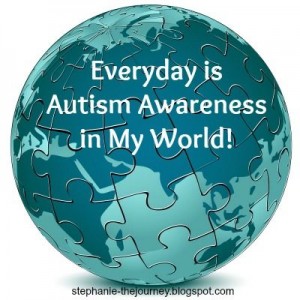
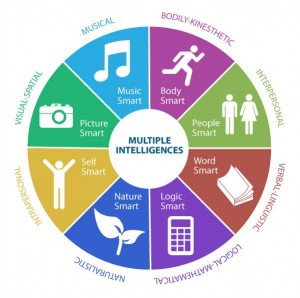
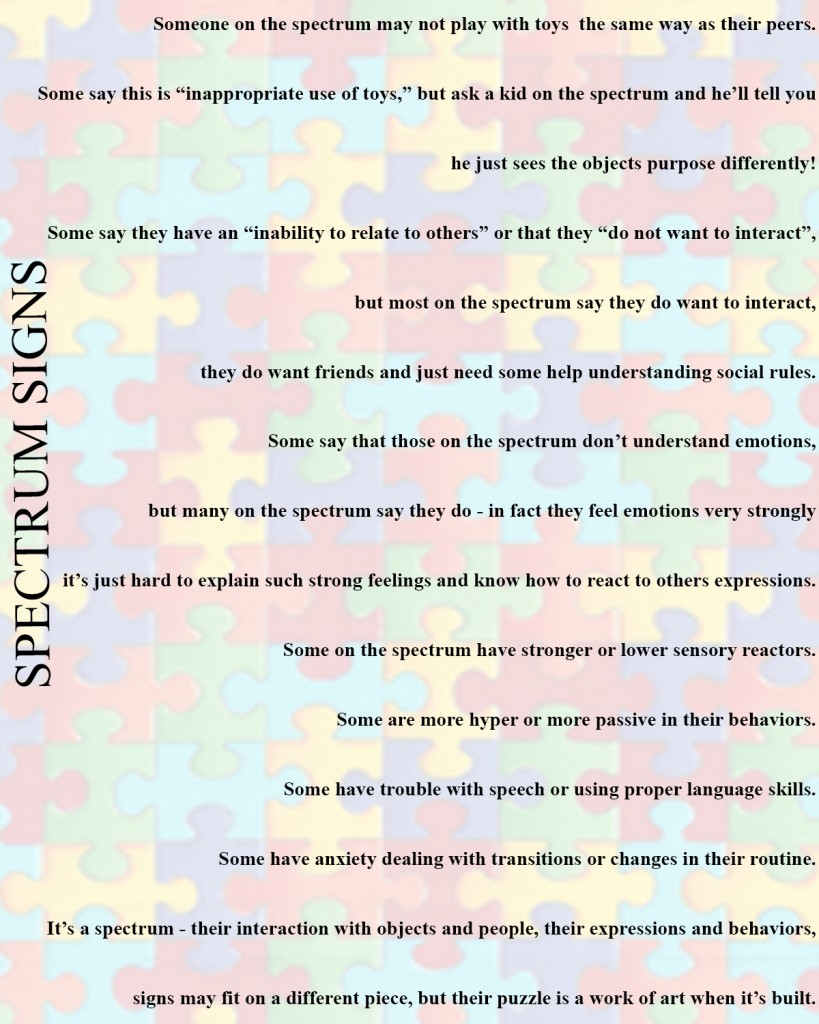
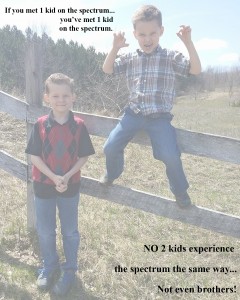
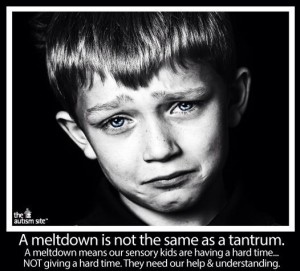
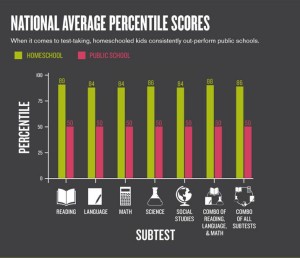
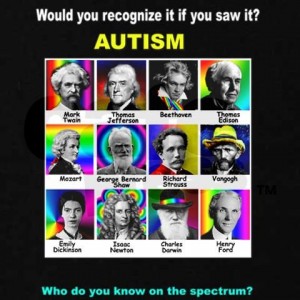
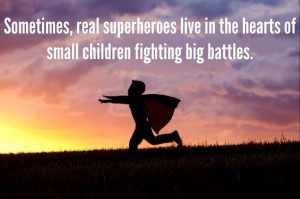

Leave a Reply